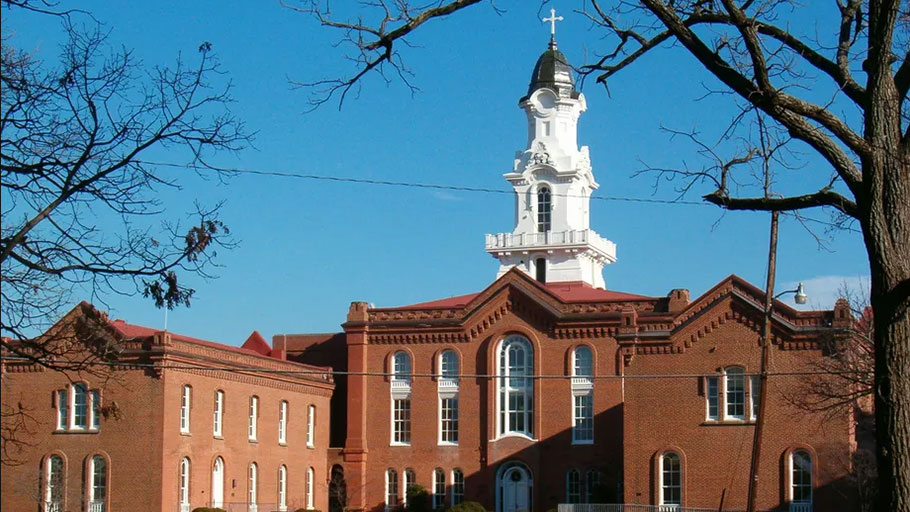
A growing number of schools have started to look into reparations and restitution for descendants of the enslaved. But most of these schools have stopped short of supporting actual funds…

A growing number of schools have started to look into reparations and restitution for descendants of the enslaved. But most of these schools have stopped short of supporting actual funds…

In the autumn of 1949, with the foundation of the Federal Republic of Germany in the area occupied by the western Allied Powers, the nascent German state still lacked complete…

By Allison McNearney, The Daily Beast — On the skills section of Abraham Lincoln’s resume, badass orator ranks near the top. During the course of his career, the 16th president excelled at…
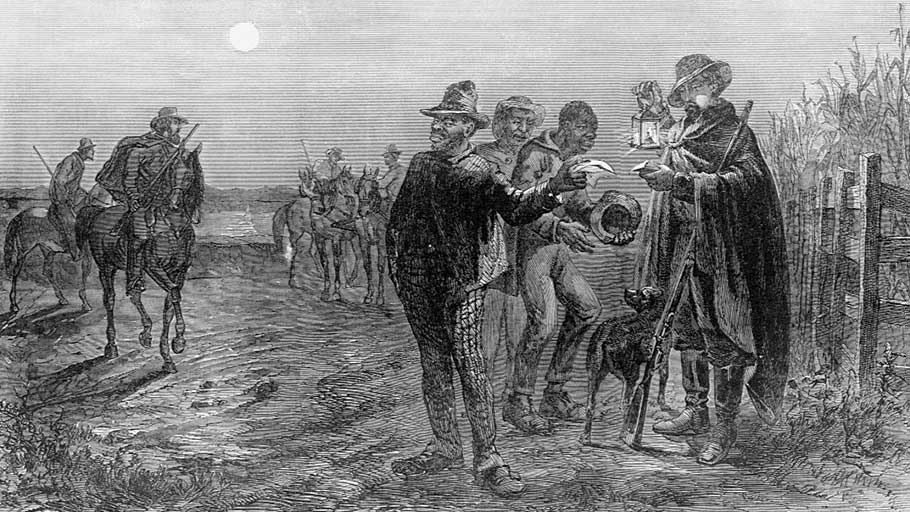
From the beginning, some Americans have been able to move more freely than others. By Ben Fountain, Medium — They were called patrollers or, variously, “paterollers,” “paddyrollers,” or “patterolls,” and they were meant to be part of the solution to Colonial America’s biggest problem, labor. Unlike Great Britain, which had a large, basically immobile peasant class that could be forced to work for subsistence wages, there weren’t enough cheap bodies…

In the Emmy-nominated virtual reality project, viewers are given an immersive historical experience on the depressingly topical dangers of being black in America. By Dream McClinton, The Guardian — The theatre has luxurious red velvet upholstered seats, grand ceilings and gilded trimmings. The rows of chairs stretch back into the ostensible blackness, with light beaming from the projector room. Ahead, archival footage of stylish black travelers pack the screen as…

People of African descent have been ‘here’ longer than the English colonies By Stacy M. Brown, NNPA Newswire — In August 2018, the National Newspaper Publishers Association began a series on…
Sheila Jackson Lee reflects on the 400th anniversary of slavery and discusses plans for reparations for black Americans, MSNBC’s Andrea Mitchell reports. Also Watch: NAARC and ACLU Juneteenth 2019 Forum…
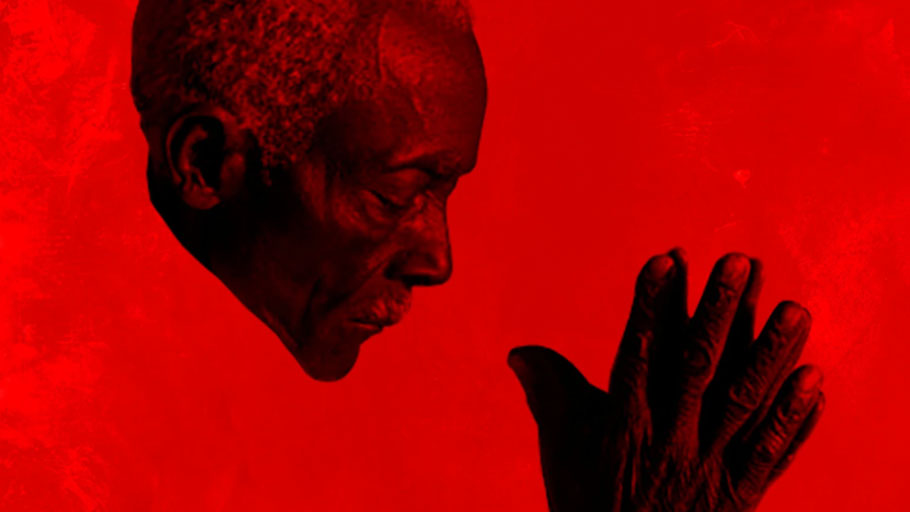
The idea of economic amends for past injustices and persistent disparities is getting renewed attention. Here are some formulas for achieving the aim. By Patricia Cohen, The New York Times…
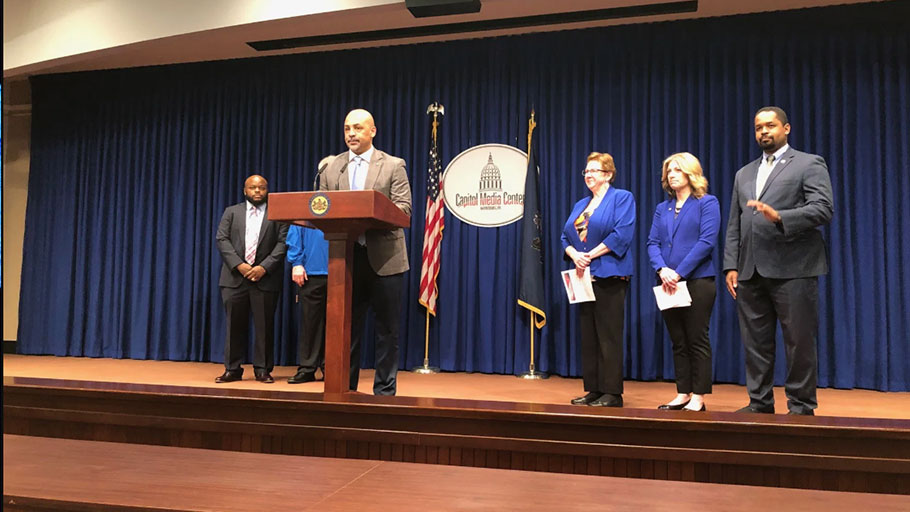
By Stephen Caruso, The Pennsylvania Capital-Star — One Pennsylvania lawmaker is making his own case for reparations — not just for slavery, but for 400 years of institutional racism. Rep….

By Dr. Maulana Karenga — The Anniversary of the 1965 Watts Revolt occurs in the context of a larger history of Black struggle, sacrifices and achievements: the assassination, sacrifice and…
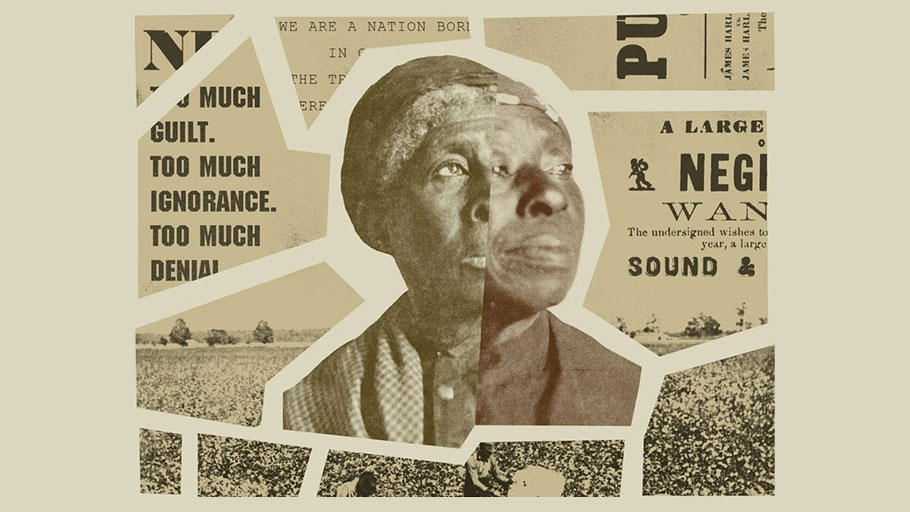
Teaching America’s truth For generations, children have been spared the whole, terrible reality about slavery’s place in U.S. history, but some schools are beginning to strip away the deception and…
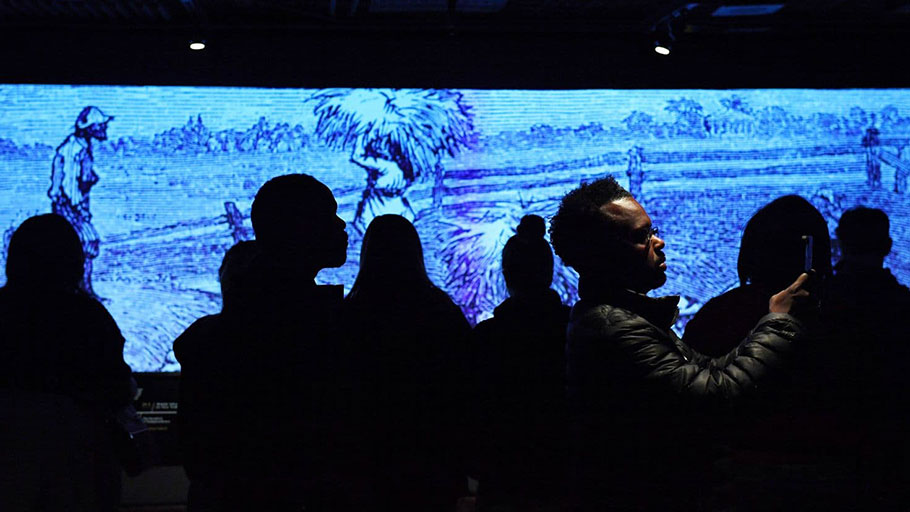
By Michael E. Ruane, The Washington Post — The mysterious and chronic sickness had been afflicting slaves for years, working its way into their minds and causing them to flee…